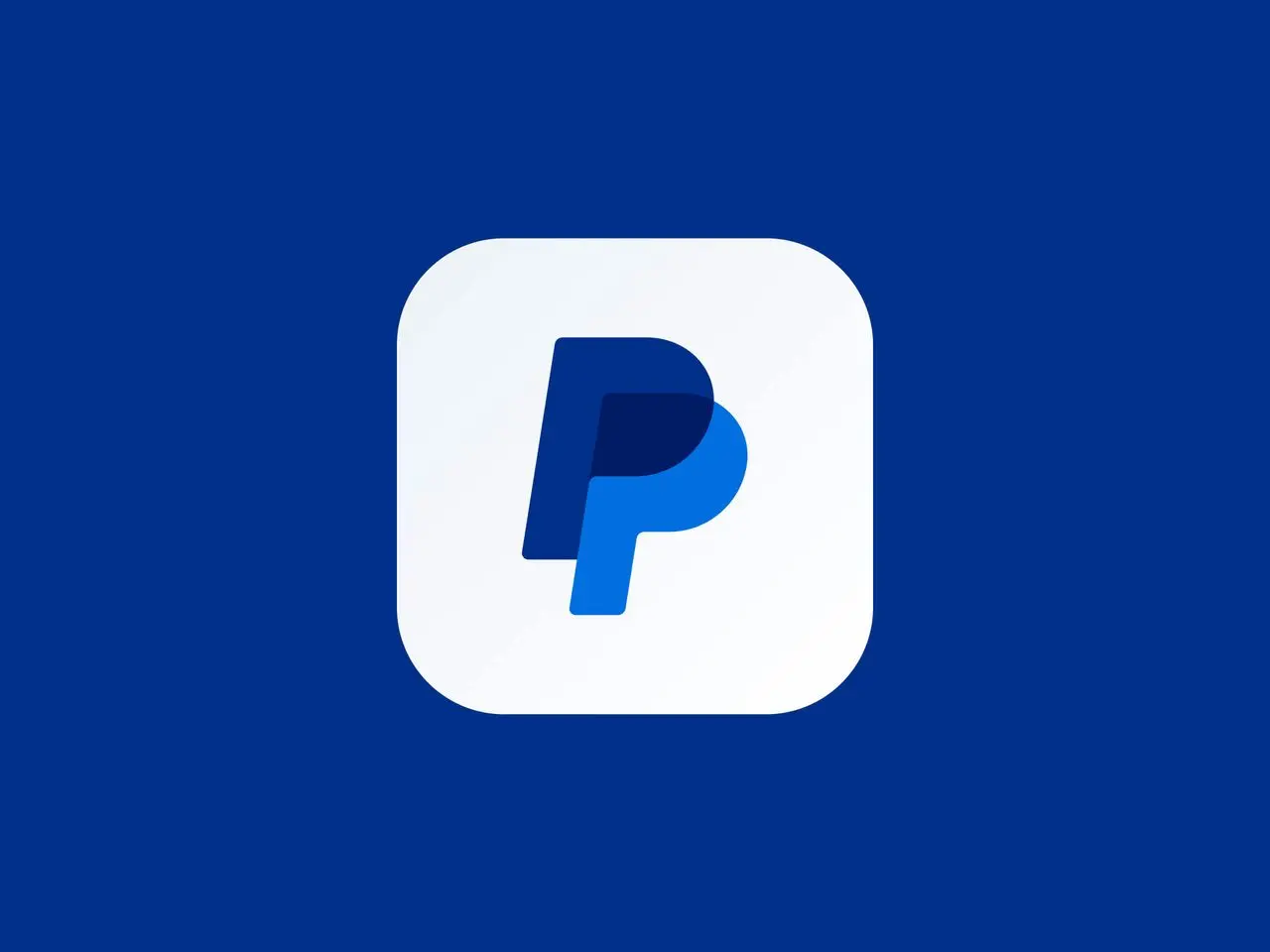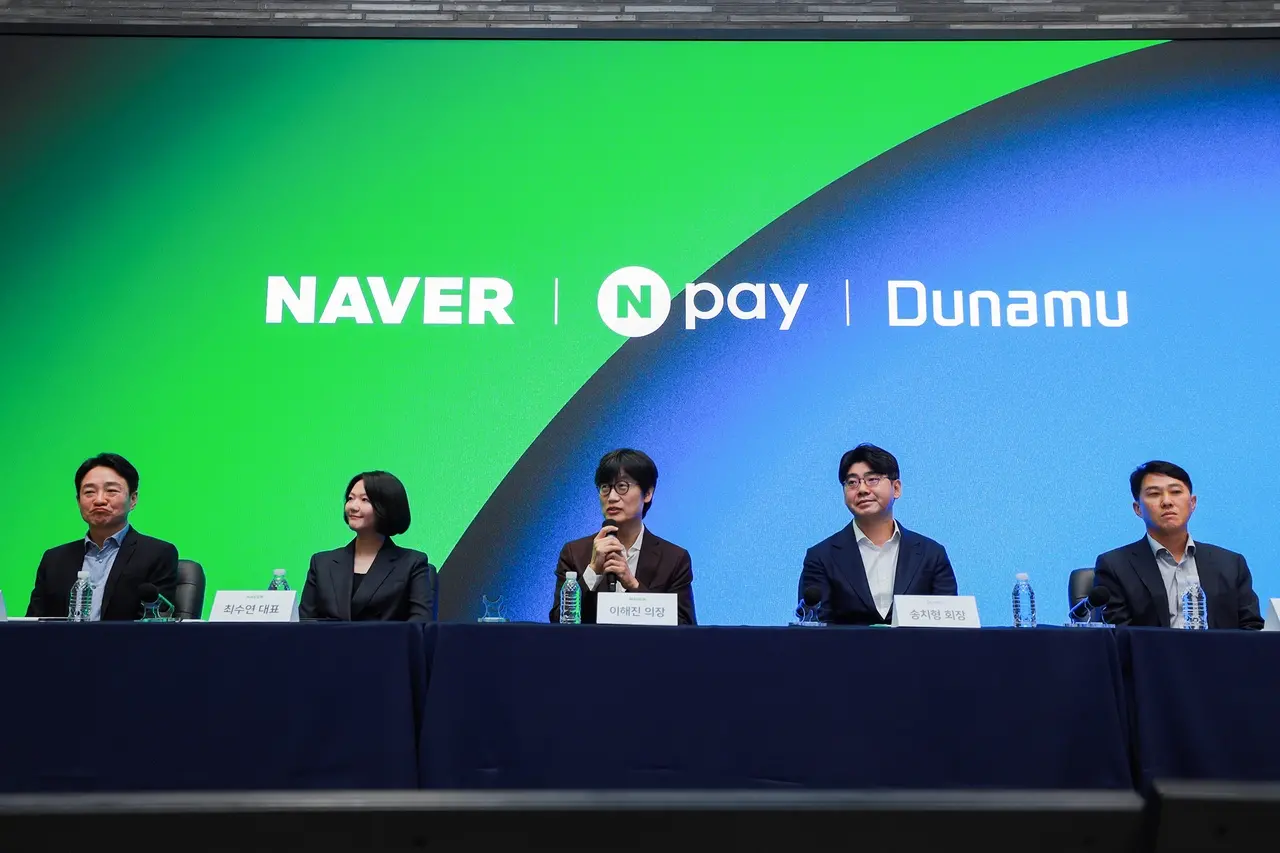Chainlink CCIP v1.5 Upgrade Expands Secure Cross-Chain Crypto Operations – CoinGecko Report
Quick Breakdown
- CCIP v1.5 adds zero-slippage token transfers, Cross-Chain Token standard, and developer attestations.
- Risk Management Network monitors transactions and can halt suspicious activity.
- Major banks and DeFi platforms adopt CCIP for cross-chain operations and tokenized asset management.
Chainlink’s Cross-Chain Interoperability Protocol (CCIP) is reshaping how blockchain networks connect, according to a CoinGecko report . The protocol now supports over 60 blockchains, enabling secure transfers of assets and data for DeFi platforms, financial institutions, and tokenized real-world asset (RWA) initiatives. The v1.5 upgrade, released in January 2025, introduces new features designed for faster, safer, and more versatile cross-chain operations.
Over $2B was lost to bridge exploits in 2022, and Chainlink CCIP aims to end that.
In this article, we break down how @chainlink CCIP delivers secure, scalable cross-chain communication for DeFi and institutions.
Read the full guide 👇
— CoinGecko (@coingecko) November 24, 2025
Security and risk management at the core
CCIP’s Risk Management Network (RMN) adds an independent layer that continuously monitors transactions and can halt transfers if fraudulent or anomalous activity is detected. This multi-layered approach, combined with time-locked upgrades and strict node operator standards, reduces the risks typically associated with cross-chain bridges. The v1.5 upgrade also introduced the Cross-Chain Token (CCT) standard, enabling instant, zero-slippage token transfers and simplified token deployment through a no-code interface and SDK. Optional developer attestations allow verification of token movements before they are completed on destination chains.
Institutional adoption and DeFi expansion
CoinGecko reports that CCIP is being adopted by major financial institutions and DeFi protocols. Banks and asset managers, including ANZ Bank, Fidelity International, Swift, UBS, and J.P. Morgan, are piloting cross-chain settlement and Delivery vs. Payment workflows. Leading DeFi projects such as Aave, Synthetix, Solv, and Lido leverage CCIP for cross-chain lending, staking, and asset transfers. The protocol’s privacy-preserving capabilities allow confidential transactions across public and private chains, meeting regulatory requirements while supporting institutional-grade operations.
With its combination of enhanced security, developer-friendly tools, and universal connectivity, CCIP is emerging as essential infrastructure for the multi-chain crypto ecosystem, bridging traditional finance with decentralized applications and tokenized real-world assets.
Meanwhile, SBI Group has confirmed that Chainlink’s Cross-Chain Interoperability Protocol (CCIP) will be the sole network supporting cross-chain connectivity for its institutional tokenization platform. This will enable asset issuance, settlement, and secondary trading to flow smoothly across both public and permissioned blockchains, further boosting institutional adoption of crypto.
Disclaimer: The content of this article solely reflects the author's opinion and does not represent the platform in any capacity. This article is not intended to serve as a reference for making investment decisions.
You may also like
Reimagining Global Payments: PayPal's Vision for AI, Innovation, and Agentic Commerce
The future of global business, AI-driven consumer experiences, the construction of large-scale trust systems, and the next stage of cross-border payments.

SIG Founder: Why Am I Bullish on Prediction Markets?
When politicians deceive us with lies, prediction markets will provide the antidote.

Under the new standards, a batch of altcoin ETFs go live: covering in half a year what bitcoin achieved in ten years
These ETFs were not strictly approved one by one by the SEC, but instead utilized a brand-new "universal listing standard" and a little-known "8(a) clause" fast-track, becoming effective almost automatically with the tacit consent of the regulatory authority.

Stolen the day after a multi-billion dollar acquisition—was it North Korean hackers again?
Dunamu and Naver Financial just announced their merger plans yesterday, and today Upbit's assets were stolen. This incident, especially during the sensitive period when they are considering a Nasdaq IPO, undoubtedly poses a challenge to their expansion plans.

